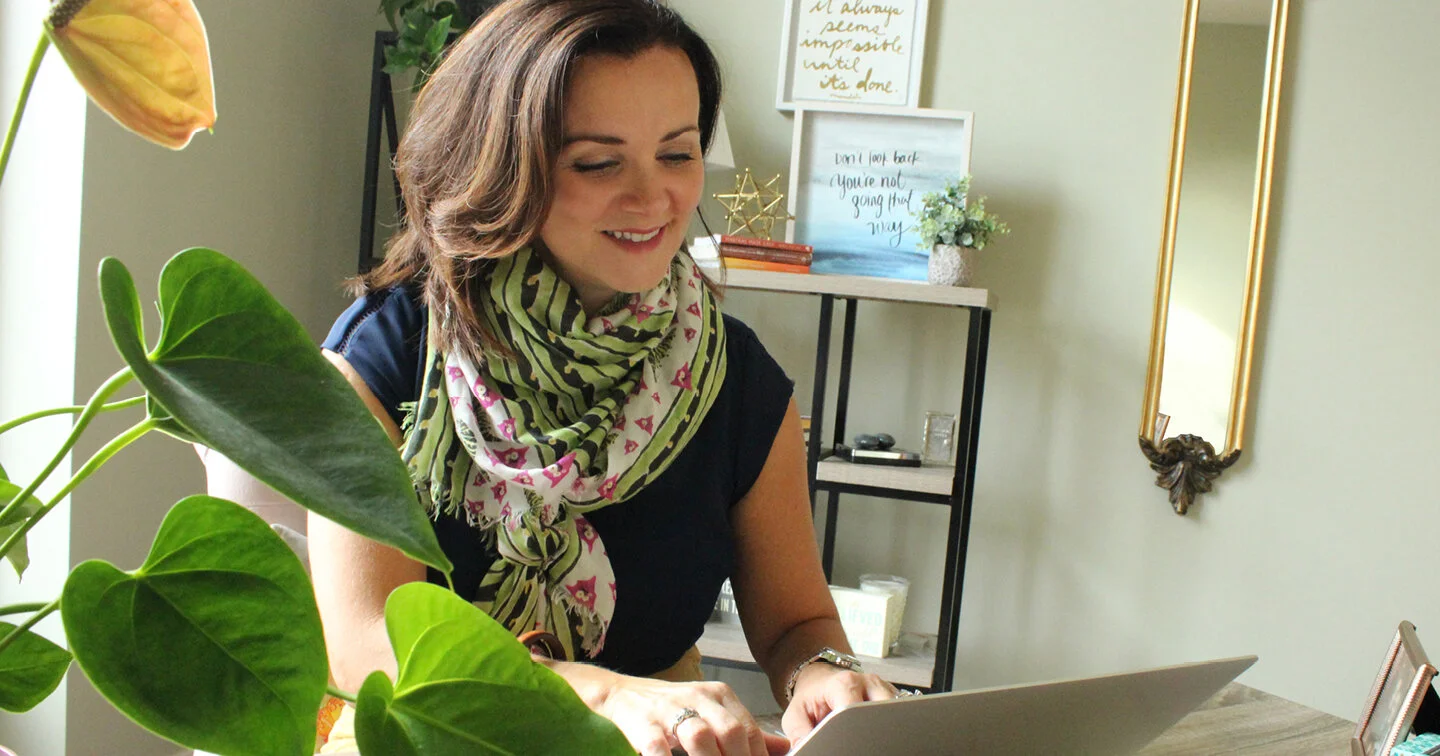I’ve been MIA for a few weeks and today is the first day in weeks that I am starting to feel more like myself. Since the end of December, COVID has spread throughout my family. We were all careful, but we caught it like millions of others all over the globe.
When I first started to feel unwell, I was convinced it was a sinus infection. I actually tested negative for the virus initially and was sent home with medicine for a sinus infection. Then, for 11 days afterwards, I had an ongoing fever that wouldn’t go away. The fever brought chills, body aches, a debilitating headache, nausea, exhaustion, foggy brain, and finally loss of taste and smell.
I rested, continued taking my daily supplements, drank water, ate plant-based foods - I did everything I knew to stay healthy, and to try to recover faster. I tried to keep working, until I couldn’t do that without making myself sicker. I practiced affirmations. I reached the point where I was physically exhausted, but also emotionally drained and frustrated.
Those who know me know that I am a very active person who tries to squeeze as much out of everyday as I can, I have a zest for life, and a strong love of learning. I love to teach, coach, write, learn, connect with others, and slowly I couldn’t do these things anymore. I love to practice yoga, go for daily walks, socialize with friends, eat great food, drink good wine, and enjoy dark chocolate. I couldn’t enjoy these things either. I realized that for me, not doing the things that bring me joy was contributing to my lack of energy and melancholy.
Day 11 I finally went to the ER to get checked out and was given a cocktail of medicines that almost overnight made me feel considerably better. I decided that I wanted to share the lessons I learned in case it can help:
COVID-19 is no joke. It does not discriminate, it affects everybody differently, it is sneaky and tricky, and there is no certainty for how and when you’ll get better. It is physically and emotionally draining.
Surrendering everyday, being patient, and embracing uncertainty are life-long lessons that never get any easier.
Losing your taste and smell is awful. I grew up in an ethic household with a mom who is an amazing cook and baker. My husband is a great cook, and I enjoy sitting down to a good meal. Not being able to enjoy eating is a form of torture that I don’t want to experience again.
I will never take my able body for granted. Not being able to practice yoga or go for a walk outside was very humbling, and scary. Being able to walk today without getting winded or dizzy was a breakthrough.
As an avid reader and learner, not being able to hold a thought for long or read for any extended period of time during this illness, was heartbreaking and frustrating.
Allowing others to care for me was necessary. While I like taking care of others, I had to allow others to check in on me, drop off tea, foods, magazines, and medicine. I am forever grateful for my family, my friends, and my clients who checked in, prayed for me and my family, and shared words of support.
When you think you’re better, take it slow. I am notorious for trying to jump back in too quickly. The sneakiness of this virus has shown me that it is not a winning strategy.
I am cautiously optimistic that I am turning a corner and will be back to myself soon, however, I am less naive now and know it will all happen in divine timing and not a second sooner.
I hope to be back sharing regular content and programs. Thank you for your support, prayers, and well-wishes. Praying that you and your families stay safe and healthy.
Love and light,
Aneta




